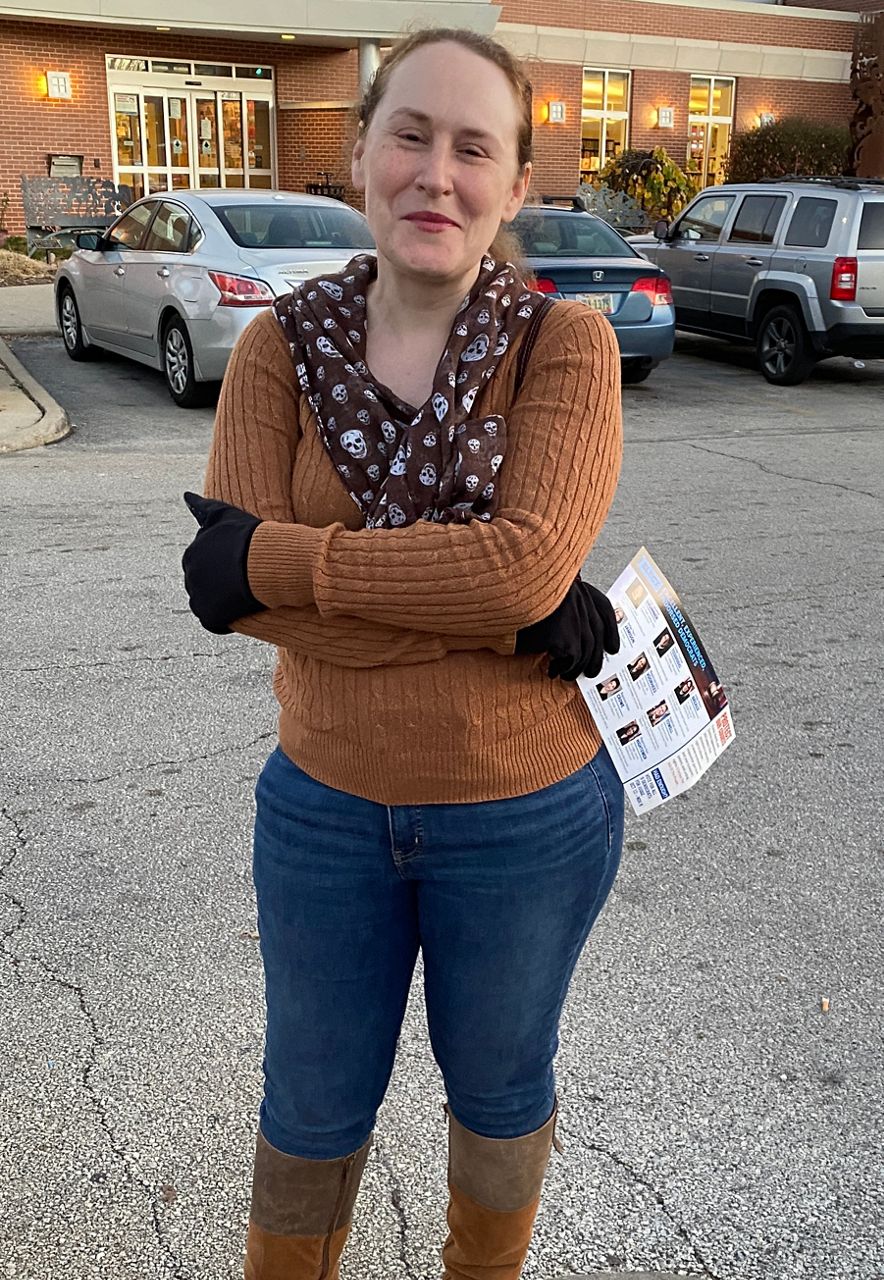AKRON, Ohio — Issue 10, a charter amendment creating a citizen review board for the police department, has been approved by voters, according to unofficial Summit County Board of Elections results.
The measure passed with 62% of voters approving and 38% opposed.
Issue 10 was initiated by NAACP Akron, Freedom Bloc and other groups in response to the fatal police shooting of Jayland Walker in June. Walker, a 25-year-old Black man, led police on a car and foot chase, firing a weapon at the officers in pursuit, police said. He was unarmed when he left his vehicle and was shot nearly 50 times.
The city passed an ordinance in September creating a Citizen Oversight Board, with selection of board members underway.
In presenting the ordinance, Mayor Dan Horrigan said the oversight board would be put to voters as a charter amendment in the coming year, once the details of the board were fully fleshed out.
Now, as part of the city’s charter, the conditions in Issue 10 supersede those in the existing ordinance and can only be changed through a citizen vote, officials said.
For areas in which the two measures conflict, the city’s law department will evaluate the language and make recommendations, officials said.
Many Akronites who weighed in at the polls on Election Day agreed the city needs a citizen review board for police oversight.
A variety of reasons were given for and against the citizen boards, although in some cases neither review board was supported.
Jim Naughton, a communications consultant, said he supported Issue 10 because it will be more effective and have a greater degree of accountability than the city’s ordinance.
“I think that’s why it’s being opposed so vigorously by the police union,” Naughton said.
One criticism that has been leveled at the oversight initiatives in the past few weeks is the idea of granting people who are unqualified the ability to oversee police operations and launch investigations.
Carlie French, a graduate student, voiced her criticism by voting against Issue 10 because of experiences she’s had in Akron that have made her feel unsafe, she said.
“I was chased to my car a few weeks ago downtown,” French said.

But French said she isn’t a supporter of the ordinance City Council approved either.
“I’m not big on that because I like experts to be in charge of things,” she said.
Aaron McCloud said he voted for Issue 10 for a few reasons.
“Some officers, not all, think they can act with impunity,” he said. “There are men, women and children being killed in the streets. It doesn’t matter what color they are.”
The disciplinary process for officers also needs revamped, he said.
“They give them time off, put them on the desk for six months then they’re back out there,” McCloud said.
The screening and hiring process for police officers also is flawed, he said.
“So many officers that are bad eggs make it through the cracks because the whole screening process and examination was set up by the same type officers,” he said.
Robert Lucas said he voted against Issue 10 because police internal affairs divisions already exist and are led by professionals more familiar with the issues than citizens.
“Civilians have no idea what that job entails,” he said. “It would be like second guessing the military by people who have never been in.”
The Citizens Review Board established by Issue 10 will include nine members, with three appointed by the mayor with council approval and six appointed by City Council, the charter amendment reads.
Board members must represent the city‘s diverse communities, with no more than two members from one of Akron’s 10 wards, the charter amendment reads. Review board members must be Akron residents but cannot be city of Akron employees.
The ideal board would include a member from the faith-based community, a resident aged 18 to 35, a civil rights or criminal justice attorney, a mental health professional and someone in law enforcement.



